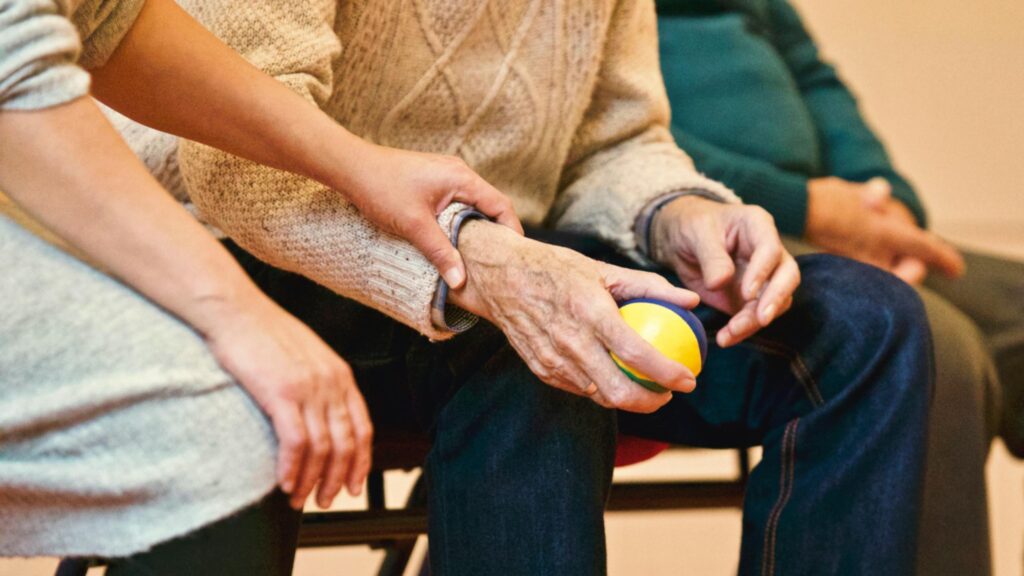In 2024, new global temperature records have really been broken, reaching even higher levels than what was seen in 2023. With the increasing intensity and regularity of heat waves, how it adversely affects the human skin is something that is of growing concern. Information on the impact that heat waves have on your skin helps in taking the right precautions to minimize the risk of developing conditions such as heat rash, eczema, rosacea, and melasma.
What Extreme Heat Does to Your Skin
High temperatures introduce multiple skin problems, each with its own special treatment and approach to care.
Heat Rash
Heat rash is a common problem that occurs when the weather is hot and humid. In this condition, sweat ducts become plugged or blocked, and perspiration cannot flow to the upper layer of skin. Blocked sweat ducts produce red and itchy papules, which can appear in areas of the body where perspiration collects. Keeping skin cool and free of perspiration is the best prevention for this annoying rash.
Grover’s Disease
Grover’s disease, which appears as small red itchy bumps usually on the chest and back, can also be induced by heat. While these symptoms typically disappear within several weeks to months, some people may suffer from long-term problems associated with it that can flare up during hot weather.
Eczema
Eczema is a chronic skin condition that causes dry, scaly patches on the skin, which can be very itchy. Heat waves can worsen eczema by encouraging more sweating, which skin irritation and inflammation follow. Further, dehydration caused by sweating can make the severity of eczema flare-ups worse. Proper hydration and management of sweat are two important aspects that need to be managed in order to control eczema during hot periods.
Rosacea
Rosacea: Rosacea, which is the appearance of redness on the face, visible blood vessels, and acne-like raised red bumps, is particularly sensitive to high temperatures. High levels of heat will cause blood vessels to further expand, increasing redness and flushes. The combination of heat and sun exposure often means that these individuals have very pronounced rosacea symptoms, and they should take added precautions during heat waves.
Melasma
Melasma is a hyper-pigmentation condition characterized by brown, irregular, and unaesthetic patches on the skin, particularly the face. The condition is triggered or aggravated by exposure to ultraviolet radiation. The effect of melasma is influenced by the upregulation of melanocytes, cells responsible for pigment formation, resulting in the creation of much larger dark patches. More so, including the heat can speed up the process of aging of the skin through the degradation of collagen and elastin in charge of skin elasticity.
Skin Cancer Risk
Prolonged exposure to UV levels, which increase during heatwaves, is hazardous since it may cause skin cancer. Risks of skin cancer are shot for people working outside under the scorching sun and the mentioned increasing temperatures. This becomes a risk, for instance, while dealing with the occupational issue of being a firefighter.
Heatwaves: due to heat, the presence in the air of pollutants such as ozone and particulate matter (PM) increases. The combination of these pollutants with the heat and sun’s UV radiation forms secondary pollutants identified as peroxyacetyl nitrates (PANs), which are skin irritants and contribute to diseases such as eczema and rosacea and lead to oxidative stress and DNA damage.
How the Heat Affects Medication
Heat can take its toll on many drugs. For example, even EpiPens to deal with severe cases of an allergic reaction can lose their potency if kept in hot conditions. Always follow storage instructions for medications. At all times, when in doubt of the effects of heat on any of your medicines, it is best to ask a pharmacist or doctor.
Some skin care products and a few drugs such as isotretinoin, antibiotics for acne, and immunomodulators, increase your skin sensitivity. Higher sensitivity can make our skin burn quickly or react in any way. In case you see any reaction, please report to your health care provider.
Prevent Sunburn during Heat Waves
To prevent your skin from severe undesired effects in extreme hot conditions, you should follow the advice on sunscreen:
Stay Cool
Wear Clothes That Breathe Wear light, natural fabrics—from cotton to linen—that can help regulate the body temperature and stimulate perspiration, which will protect your skin from developing undesired sweat-related problems.
Cool Showers: Apply Cool or lukewarm Water for Bathing To prevent extracting the natural oils from your skin, which will make your skin dry and irritated, use cool or lukewarm water for bathing. Cool Places Look for cooler places or use methods to attain cooler conditions in case there is no air conditioning in your home.
Stay Hydrated
Drink Ample Water: Stay well-hydrated by drinking water and water-containing foods like watermelon and cucumbers.
Moisturize Your Skin: Use light, non-comedogenic moisturizers shortly after a bath.
Keep Sun and Pollution at Bay
Clothing: Shield your skin from detrimental rays—use wide-brimmed hats, ultraviolet light blocking sunglasses, long-sleeved shirts.
Broad-Spectrum Sunscreens: Wear broad-spectrum mineral sunscreens with zinc oxide or titanium dioxide to prevent leaking of UV radiations, visible lights, and pollutants.
Use Antioxidants: Add antioxidants with vitamin C to protect the skin against oxidative stress.
Cleanse Your Skin: At the end of the day, wash your face and body to remove the pollutants accumulated on your skin and the residual sunblock.
If you follow these steps, your skin will stay healthy and adaptive even under severe heat stress.


